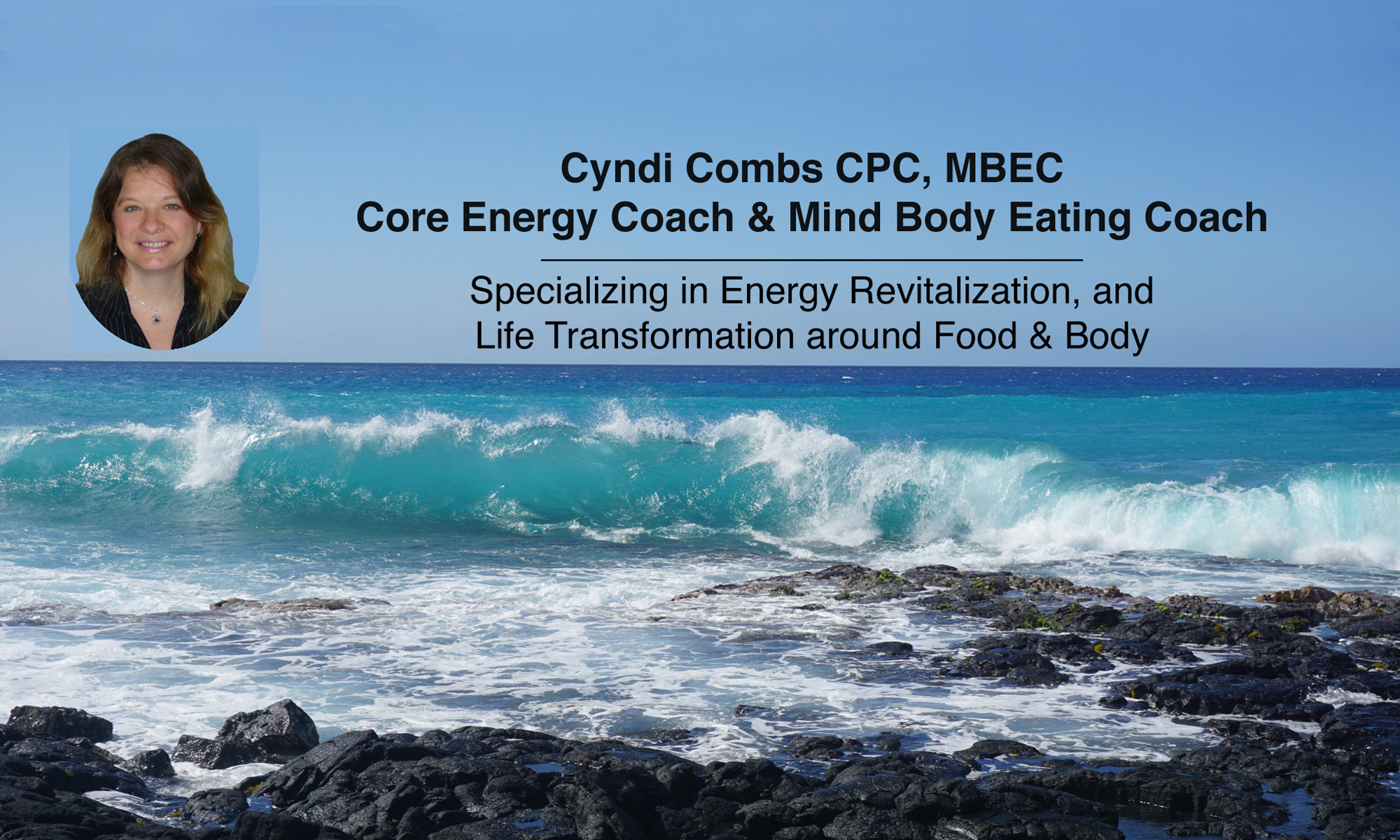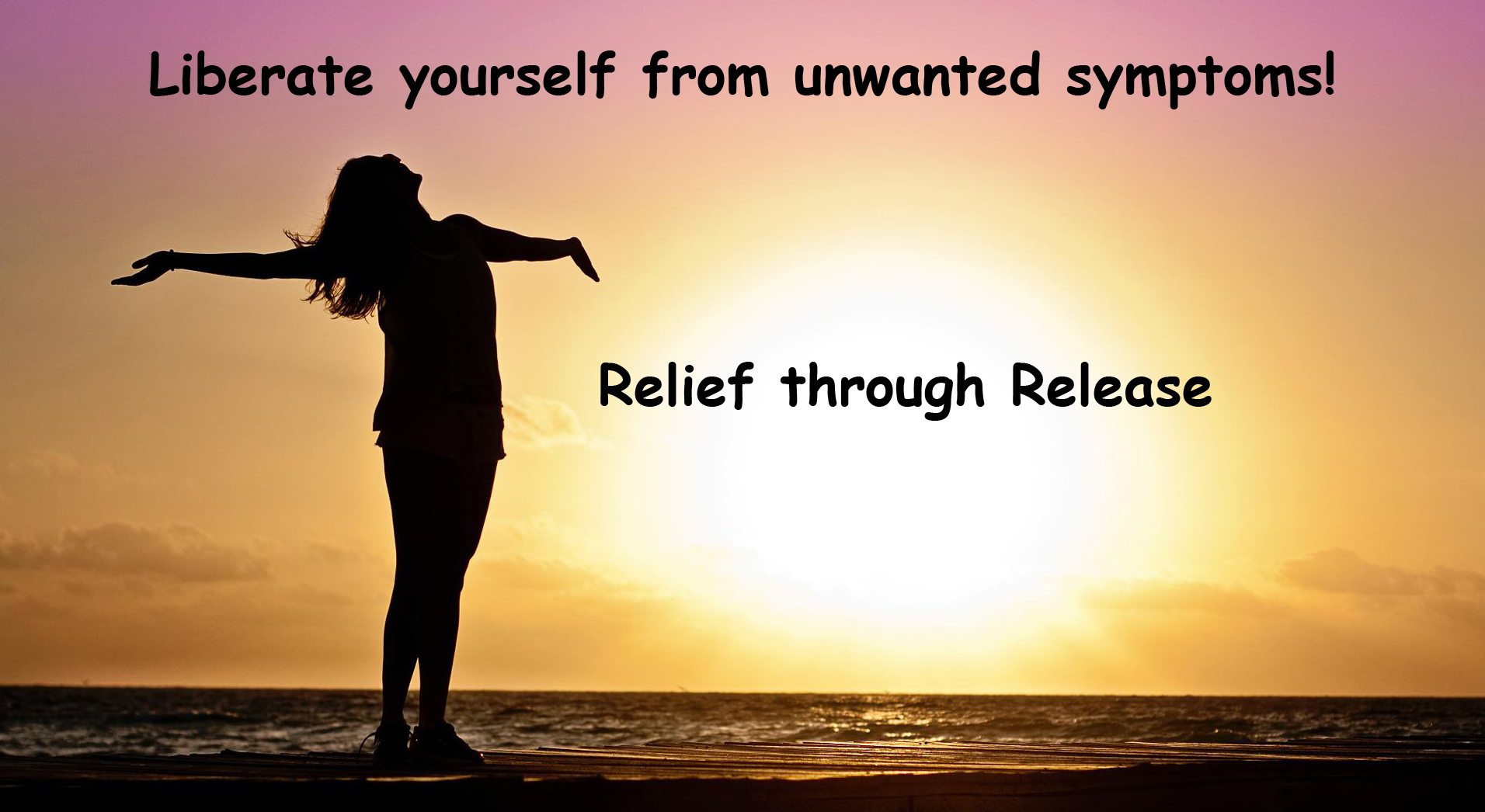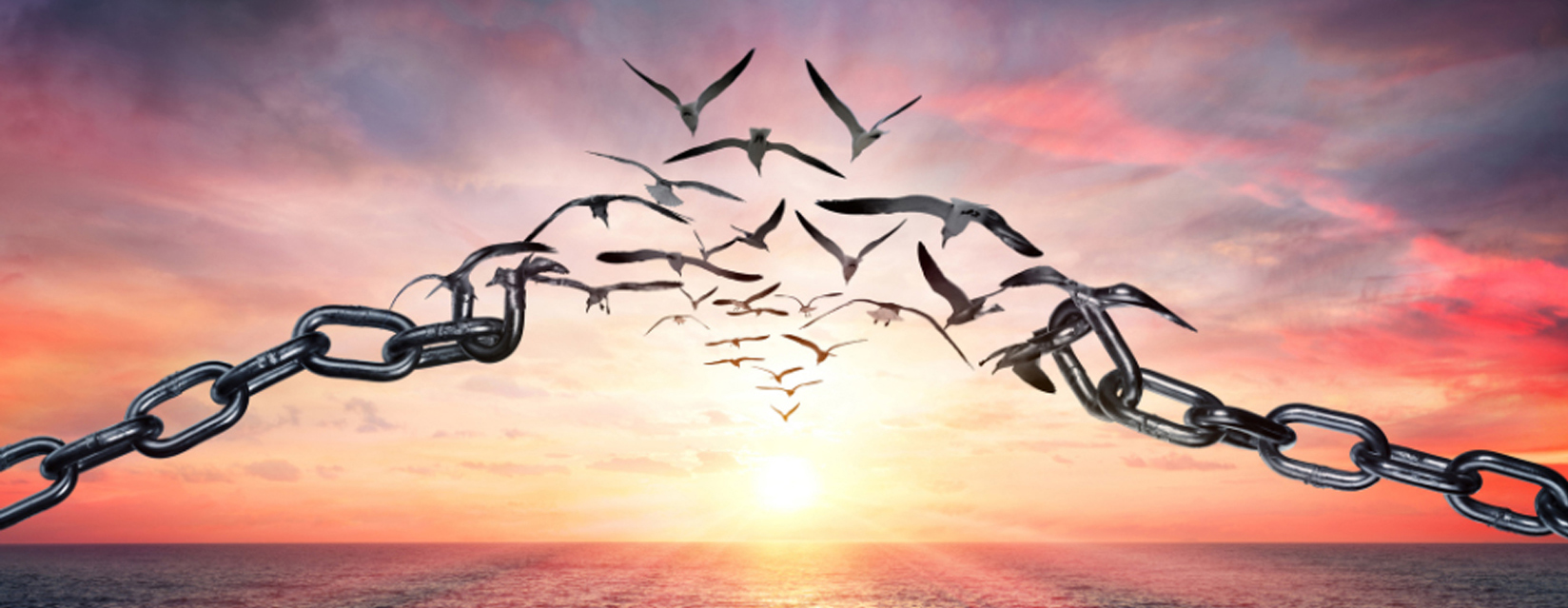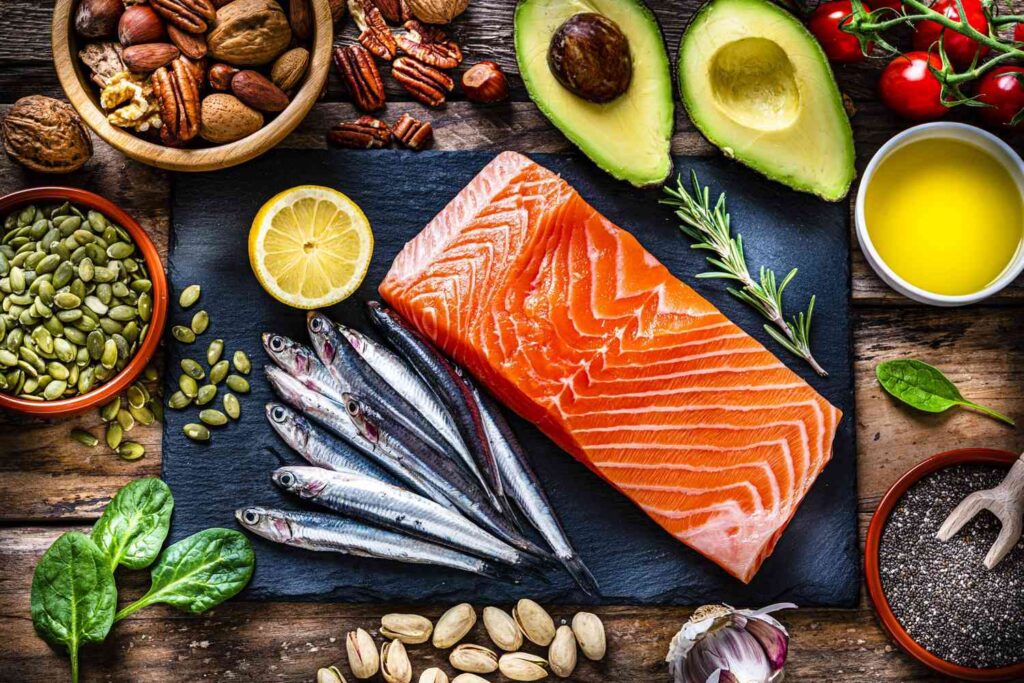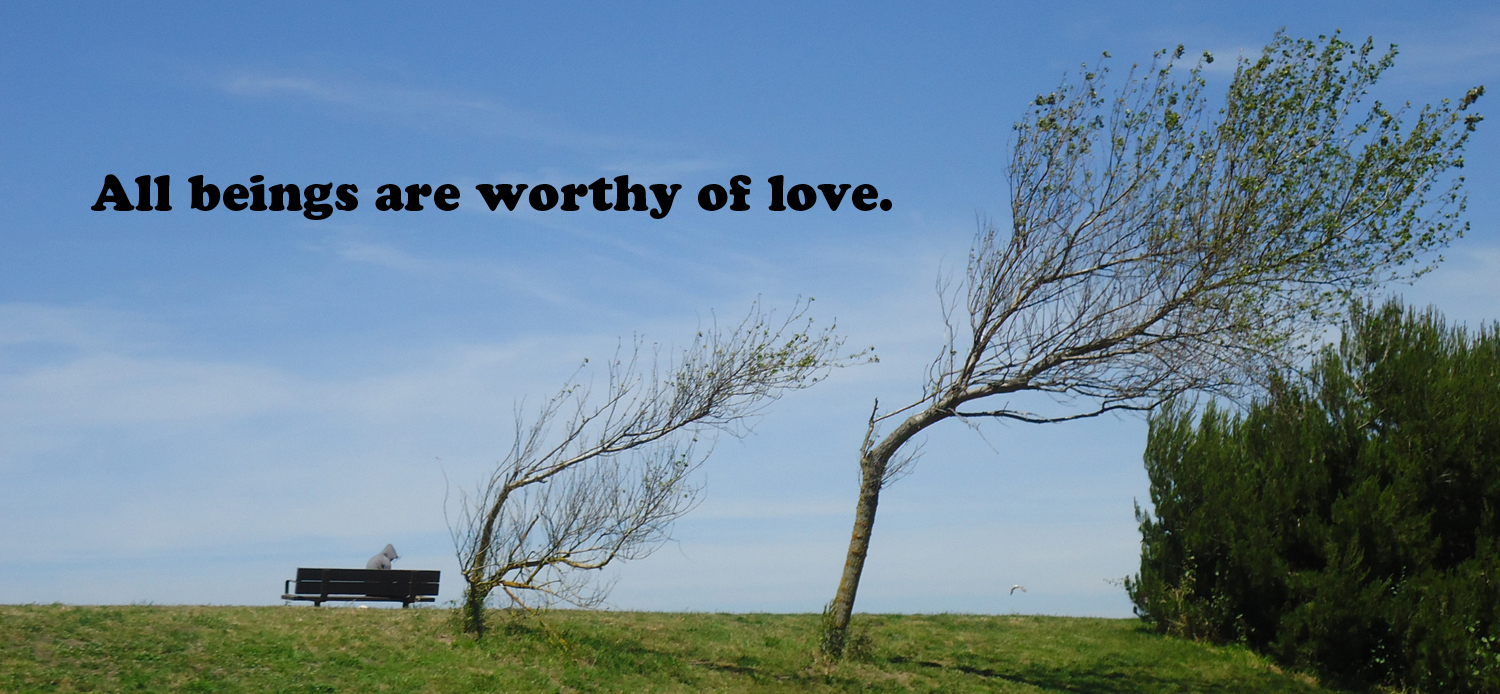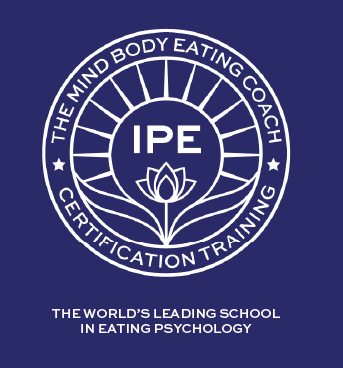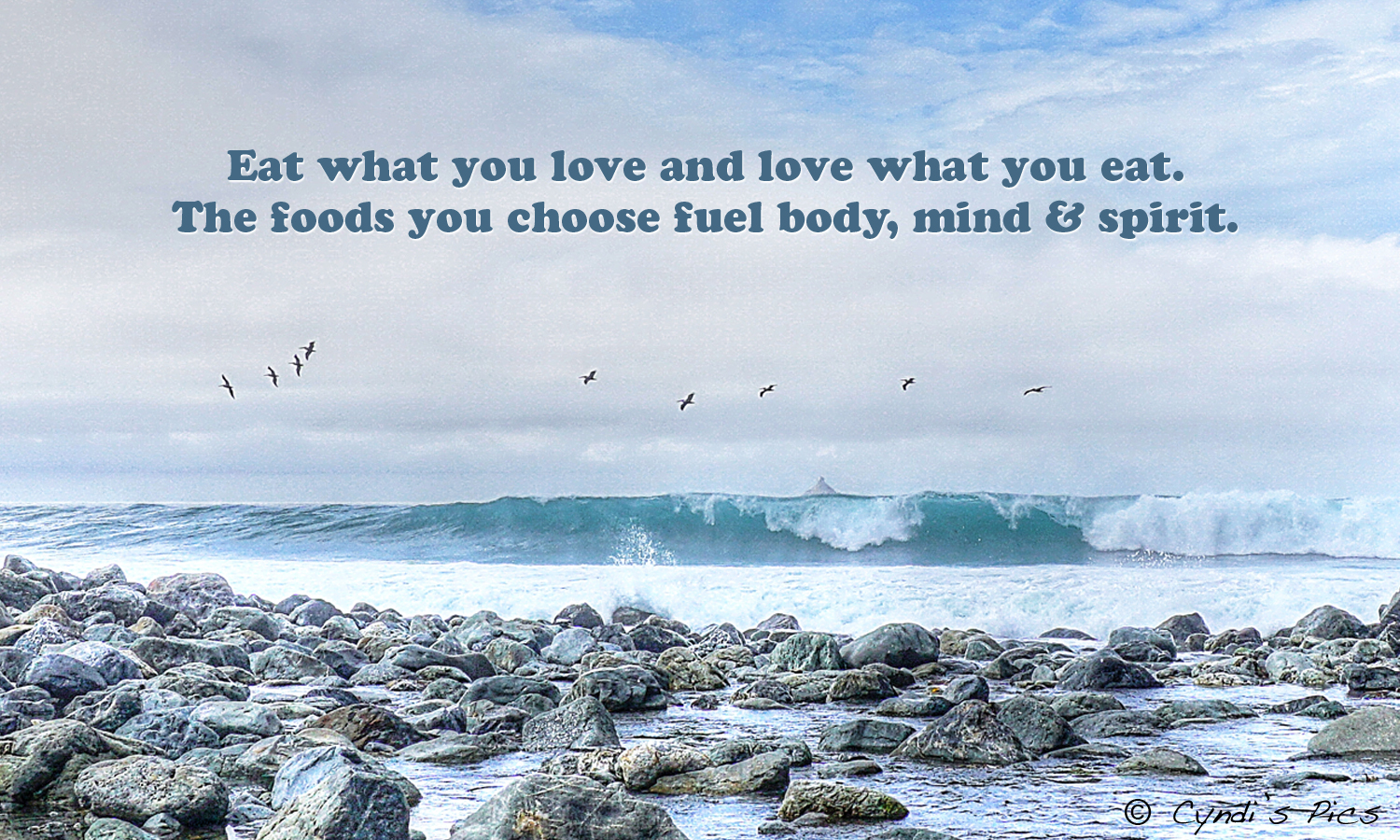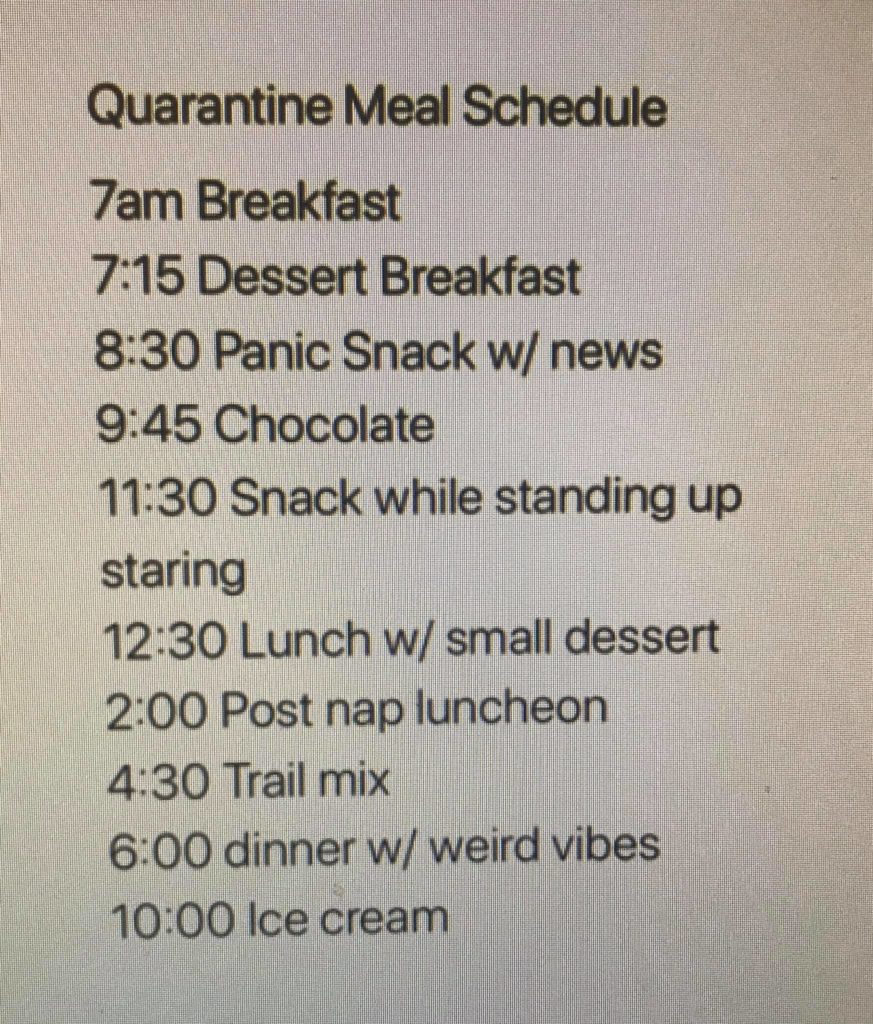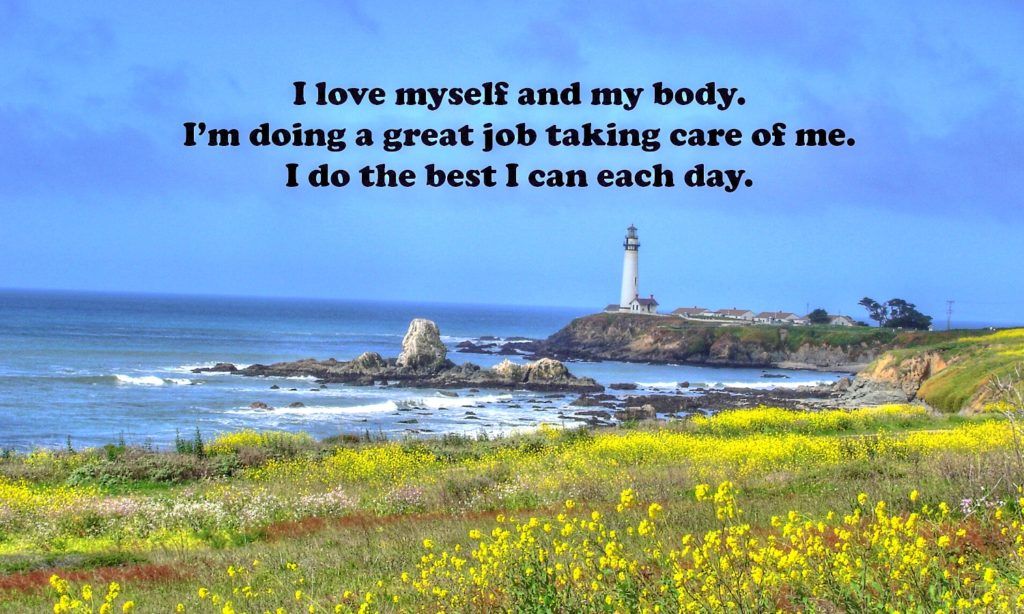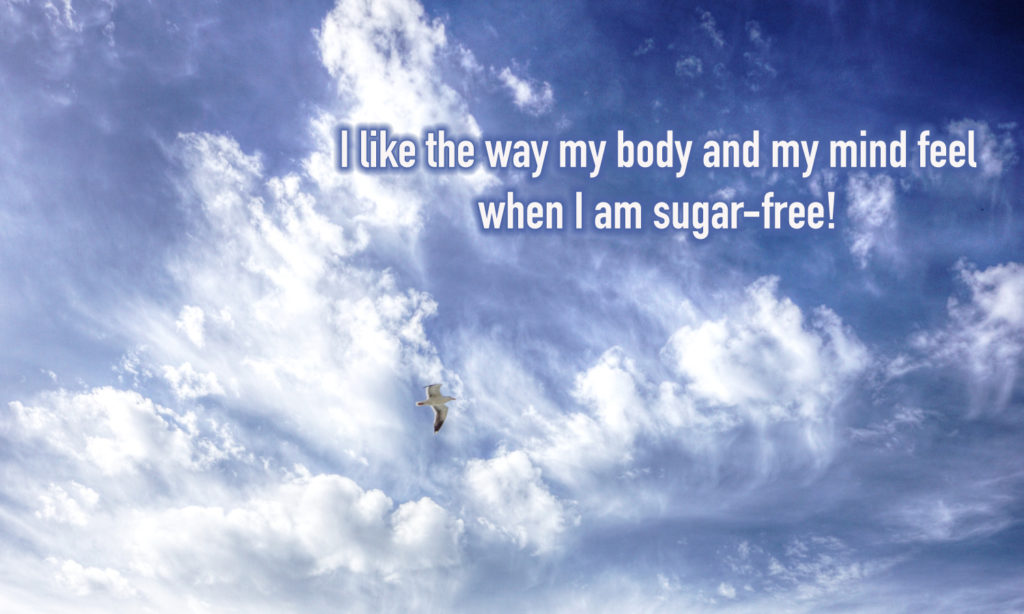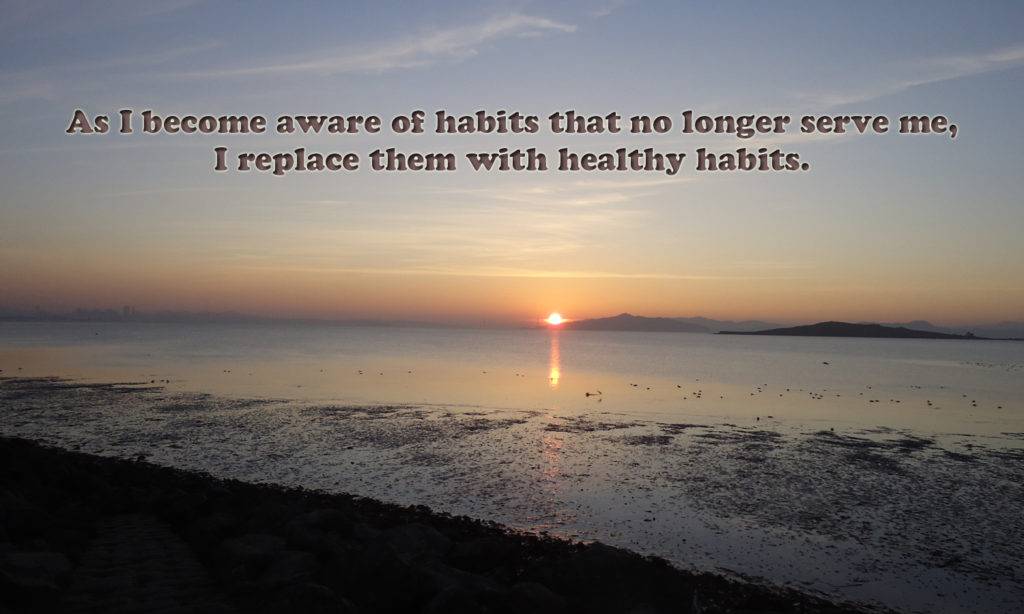If processed sugar seems like a monkey on your back, a habit that has you HOOKED, or a problem that erodes your energy, and leaves you feeling powerless, I assure you:
- You are NOT alone.
- It’s NOT a personal failing.
- It’s not your fault.
- You are not experiencing optimal health.
- It is possible to get OFF the hook.
You are NOT alone.
A recent study suggests Americans eat far too much sugar. To be specific, approximately 75% of Americans eat excess amounts of sugar — many of whom could be classified as having a sugar addiction.
~ Addiction Center
It’s NOT a personal failing.
Research on rats has found that sugar is more addictive than drugs such as cocaine, and that there can be withdrawal symptoms such as depression and behavioral problems when people try cutting out sugar completely.
~ Ramsay Health
Sugar fuels every cell in the brain. Your brain also sees sugar as a reward, which makes you keep wanting more of it. If you often eat a lot of sugar, you’re reinforcing that reward, which can make it tough to break the habit.
~ WebMD
It’s not your fault.
You cannot crave and think clearly at the same time! Healthy decision-making is switched off when you are craving.
~ Dr. Joan Ifland
This is NOT your fault.
Where the addiction comes from.
You are not experiencing optimal health.
Too much added sugar can be one of the greatest threats to cardiovascular health.
~ Harvard Health
Everyone knows that sugar can rot teeth, and that it’s high calorie content packs on excess weight rather quickly.
Sugar also affects physical and mental health in far more dangerous ways that may not be obvious until the damage is done.
Numerous studies link eating processed sugar to:
- Chronic inflammation
- High blood pressure
- Cancer
- Polycystic ovary syndrome
- Heart disease
- Dementia
- Non-alcoholic fatty liver disease
- Insulin resistance
- Lipid problems
- Type 2 diabetes
- Depression
- Increased stress
How does too much sugar affect your body?
It is possible to get OFF the hook.
Since sugar can be addicting, and cause withdrawal symptoms when we try to quit, it may seem like an impossible task to get the sugar monkey off our back. Letting go of habits can be tricky, especially when dopamine is involved. But I’m here to tell you, releasing sugar is not only possible, it’s absolutely liberating!
How is it possible to get relief from sugar cravings, and other unwanted symptoms caused or exacerbated by refined sugars?
By releasing the foods, thoughts, and behaviors that keep us hooked in a habitual loop of swearing off sugar, followed by bingeing on sugar, followed by self loathing, and soothing with sugar.

Relief through Release Playgroup
I specifically designed R&R Playgroup to support women who want to play with releasing sugar for the purpose of improving our health! Participants have created relief from sugar cravings, overeating, excess weight, and other unwanted symptoms.
It is possible to free oneself from processed sugar – and the toxic effects it has on the human body – by combining certain crucial requirements.
Making a plan, and preparing are crucial. During the first phase of R&R Playgroup, we spend three weeks planning what to eat and not to eat, and preparing ourselves mentally and psychologically to release sugar temporarily.
Releasing self-criticism is crucial. This is an ongoing theme throughout R&R Playgroup because I do not believe it is possible to release foods that we enjoy when we are constantly being criticized by anyone.
Temporarily abstaining from sugar is crucial. The second phase of R&R Playgroup is when we experiment with abstaining from sugar for twenty-one days.
Constant Support in community is crucial. Daily support is a consistently proven way to release habitual patterns that are not serving us. During the second phase of R&R Playgroup, we meet daily on Zoom for 21 days.
It is invaluable to be seen and understood by a community who understands the depth of the challenge you face, and celebrates every success and triumph along your journey!
Learning to regulate our emotions is crucial. One of the number one reasons humans turn to sugar and overeating is the desire to soothe uncomfortable emotions. Learning healthy ways to regulate emotions is a major component of R&R Playgroup.
Coaching and time to integrate what’s learned is crucial. Learning something is different than integrating it. Phase three of R&R Playgroup is about integrating the data we collected during our experiment, and using it to create a road map that aligns us with our own healthy intentions as we move forward.
Freeing ourselves from lifelong habits like self-criticism, or daily sugar use is exponentially easier when we have a solid plan, constant support, educational reminders, an encouraging coach, and a community that understands the enormity of our challenge, and supports and celebrates our journey.
If you or someone you know is interested in getting unhooked from sugar, you can find all the information at THIS LINK, or sign up for the next Masterclass to learn MORE at THIS LINK.
